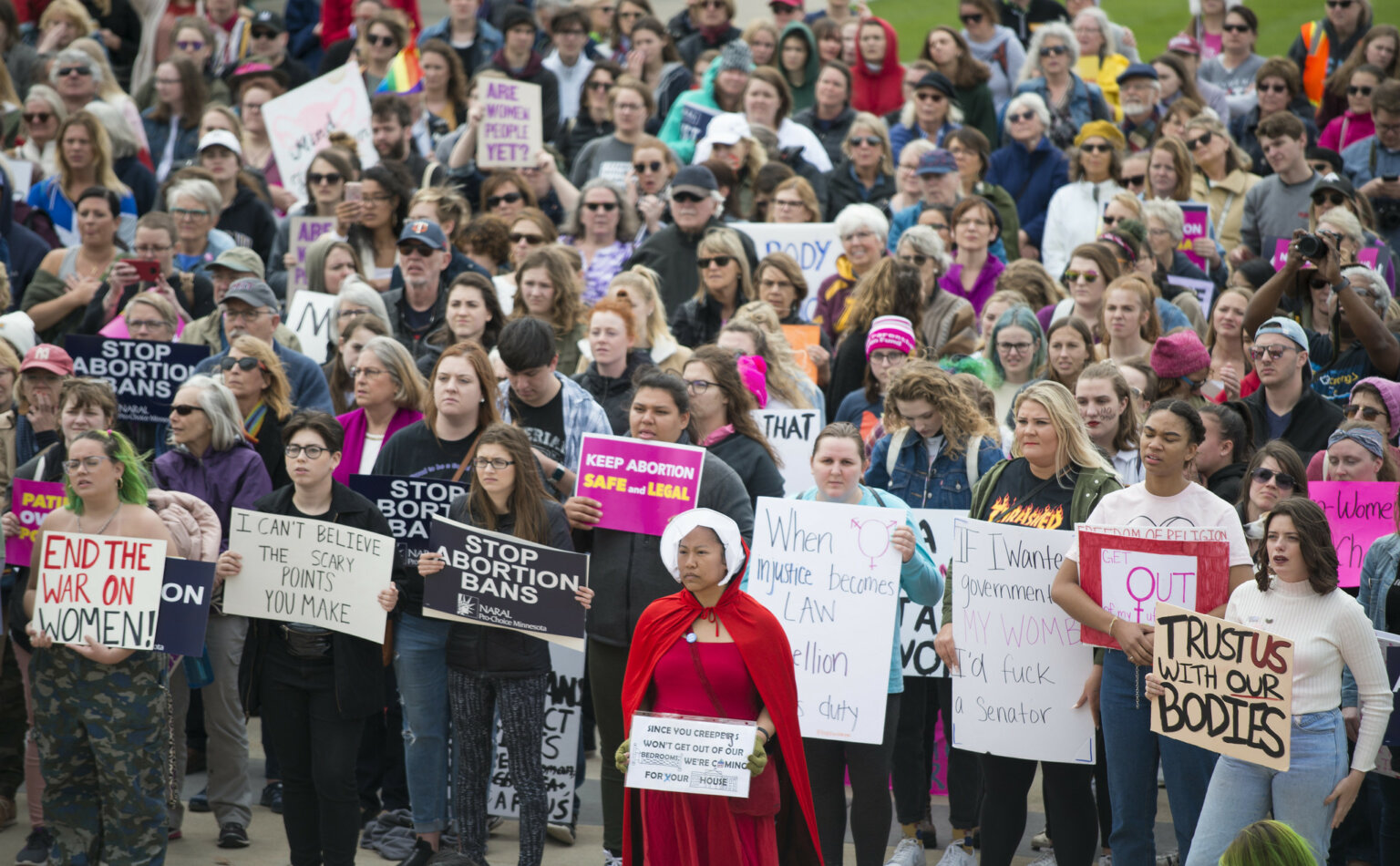- About
- Topics
- Picks
- Audio
- Story
- In-Depth
- Opinion
- News
- Donate
- Signup for our newsletterOur Editors' Best Picks.Send
Read, Debate: Engage.
| topic: | Abortion |
|---|---|
| located: | USA, Poland |
| editor: | Abby Klinkenberg |
The United States Supreme Court overturned Roe v. Wade. Thrown around since the onset of the Trump presidency, that sentence initially served only as a haunting hypothetical. With each successive conservative justice confirmed to the Supreme Court between 2017 and 2020, it became increasingly tangible – its text increasingly bold. It hung in the air, swollen, preparing itself for realisation. On 24 June, 2022, it finally materialised. Scrapping a nearly 50-year precedent, the right to abortion is no longer protected by the United States Constitution.
Although this harrowing development may seem a fundamentally domestic issue, this decision will have global ramifications for reproductive rights: as Dutch Member of European Parliament (MEP) Samira Rafaela explains, “The decision of the US Supreme Court will not only directly impact millions of women and girls in the US but also encourage anti-abortion movements in the rest of the world.”
On 9 June, in the wake of the leaked Supreme Court decision, MEPs voted to urge the Supreme Court “that it is vital to uphold the landmark case of Roe v. Wade (1973).” A vast majority of MEPs, including Rafaela, supported the resolution: 364 voted in favour, 154 against, 37 abstained. The European Parliament’s “deep concern about the potential consequences worldwide” betrays its increasing anxiety about the status of abortion rights within the EU bloc.
Concerns are well-founded, particularly in Malta and Poland: both staunchly Catholic countries, they have two of the most restrictive abortion policies in the EU. Malta has maintained an uninterrupted ban on abortion in all cases since 1724 while Poland passed a highly contentious de facto ban on abortion services in late 2020. Recently, Italy - where abortion has been legal since 1978 – has also been backsliding in terms of abortion access, partly due to the influence of US-American anti-abortion groups. The war is also being waged at the European level: the European Parliament’s newest president, Maltese MEP Roberta Metsola, is herself staunchly anti-abortion. Far from an isolated US-American case, the anti-abortion call is also coming from inside the European house.
In an oddly foreshadowing moment on 23 June, only one day before the United States Supreme Court release, members of the Polish Parliament rejected a bill that would have legalised abortion. Parameters of the proposal would have facilitated access for all individuals over 13 for abortions in the first trimester (after which it would only be allowed in cases of threat to the mother’s health). The proposal would have also secured universal reproductive health education. Of the Polish Parliament’s 460 members, 265 voted in against, 175 in favour, and 4 abstained. It should be noted that this proportion does not accurately reflect the sentiments of the Polish populous: 61.8 percent of Poles support more liberal abortion rights.
While this rejection is not particularly surprising given the conservative leaning of Poland’s governing Law and Justice party, another recent development has reinforced fears that the government feels emboldened to work towards greater biopolitical control. On 17 June, Polish Health Minister Adam Niedzielski signed an ordinance that expanded the amount and type of patient information to be stored in central databases to include details about pregnancies. Activists in the country have voiced serious concerns about its surveillance implications – they fear the creation of a dystopian pregnancy registry. Leftist Polish politician Agnieska Dziemianowicz-Bak emphasised that "a pregnancy registry in a country with an almost complete ban on abortion is terrifying."
Amplifying a culture of socio-political intimidation in which police in Poland already question women on how their pregnancies end, such a development would encourage communities to avoid critical public, prenatal medical care. Without means to seek private care or travel to neighbouring countries for abortion services, poor and marginalised individuals would be disproportionately burdened by such a policy.
While all eyes are on the United States as it reckons with its new piecemeal reproductive health regime, similar battles continue to rage across Europe and the globe. Consider donating to the Center for Reproductive Rights to help “build, enforce, protect, and defend legal protections for reproductive rights around the world.”
Photo by Gayatri Malhotra

